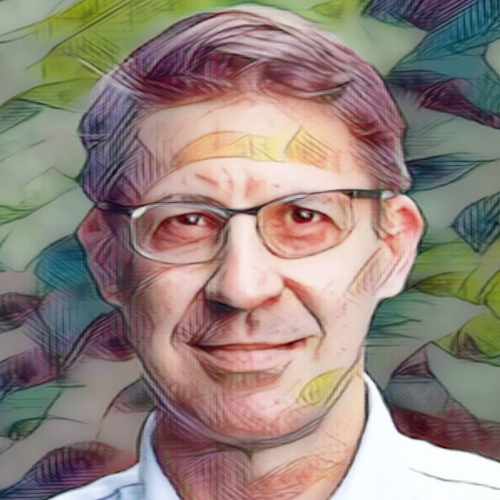Key points from article :
A new startup named clock.bio, founded by Mark Kotter, is aiming to extend human healthspan by 20 years within the next decade. The company raised $4 million and will focus on finding existing drugs that can reactivate the body's natural repair mechanisms and slow down the aging process.
The concept behind clock.bio is cellular or epigenetic reprogramming. This field of research investigates ways to reset the genetic switches that control which genes are turned on or off in our cells. With age, these switches can malfunction, leading to a decline in cellular function. Reprogramming aims to correct these errors and restore youthful gene expression.
The idea may sound like science fiction, but there's evidence to support it. Studies have shown that reprogramming techniques can reverse signs of aging in mice and rejuvenate human cells in a dish. Several other companies are also working on cellular reprogramming therapies, with Altos Labs being the most prominent one.
Clock.bio plans to differentiate itself by focusing on a more practical approach. Rather than conducting extensive basic research, the company will prioritize identifying existing drugs that can be repurposed for anti-aging purposes. This approach could significantly speed up the development of treatments. Using CRISPR's precision gene editing capabilities, the company can manipulate individual genes and observe their impact on cellular aging.
Clock.bio is aiming to stimulate the body's natural repair mechanisms without altering cell identity. The company believes this strategy will be safer and more effective. They also plan to use biomarkers to measure the effectiveness of their treatments. These molecular clocks track changes in gene expression and other cellular markers that correlate with age. While rewinding these clocks might not guarantee improved health, it could be a powerful tool for assessing the impact of anti-aging therapies.
With the rapid advancements in cellular reprogramming research, this once-unthinkable goal of extending healthspan by 20 years within a decade might be closer than we imagine.







